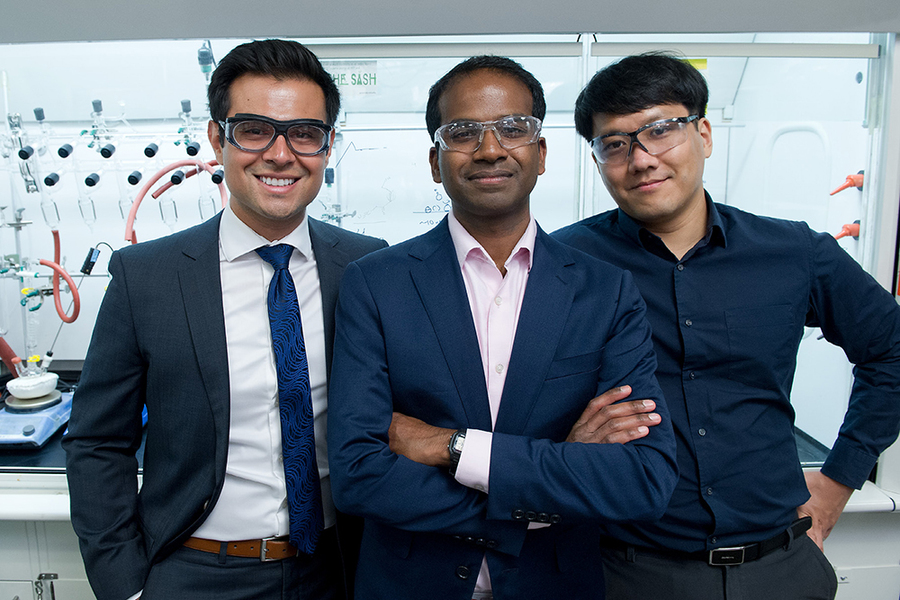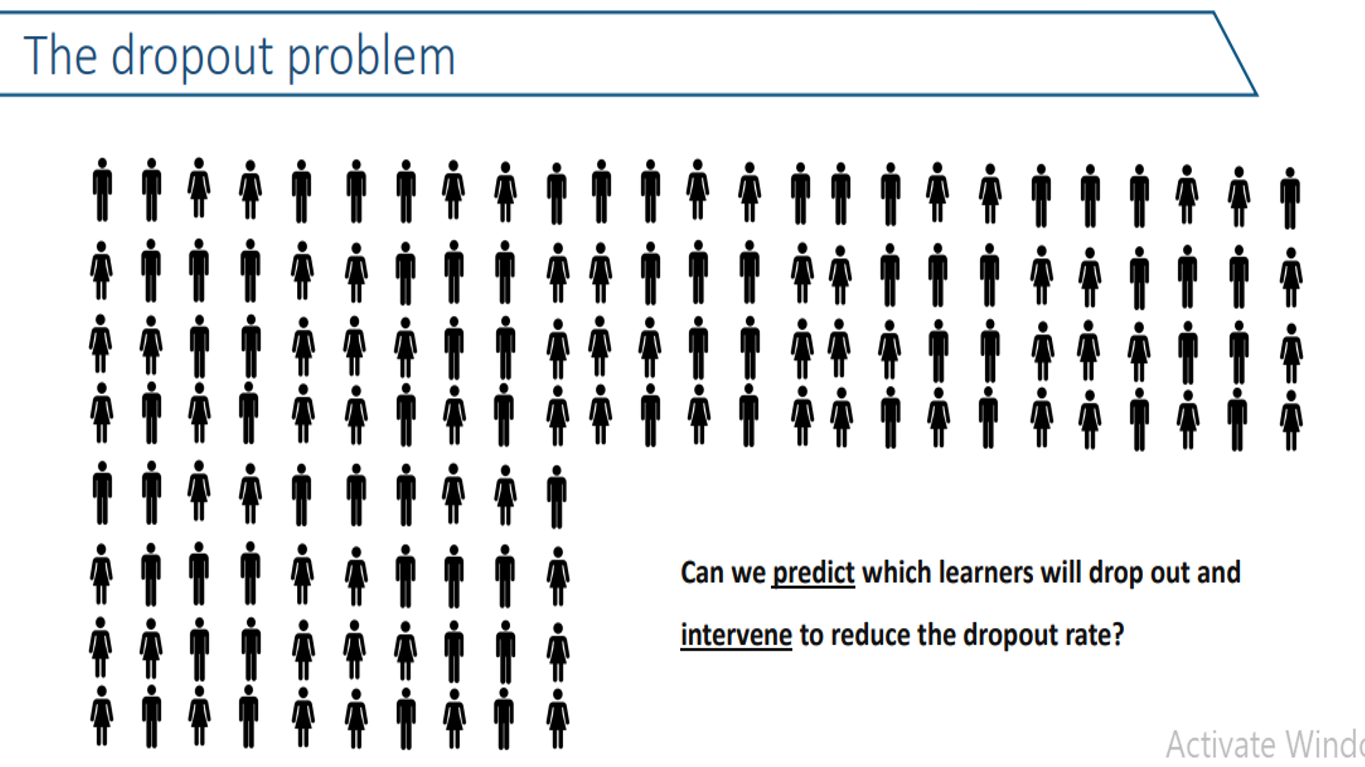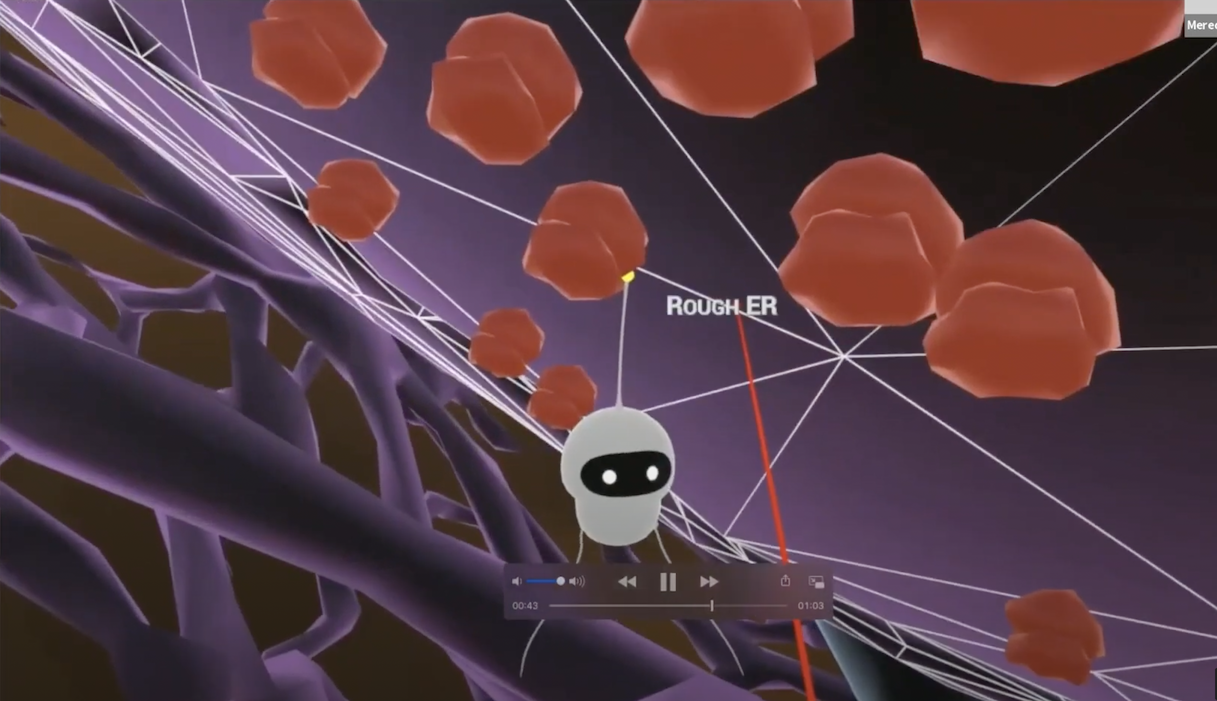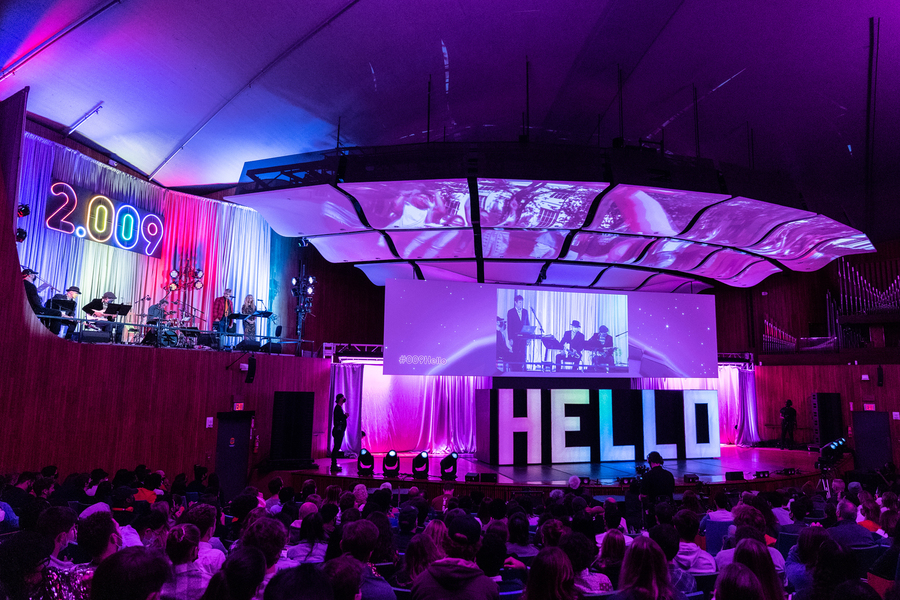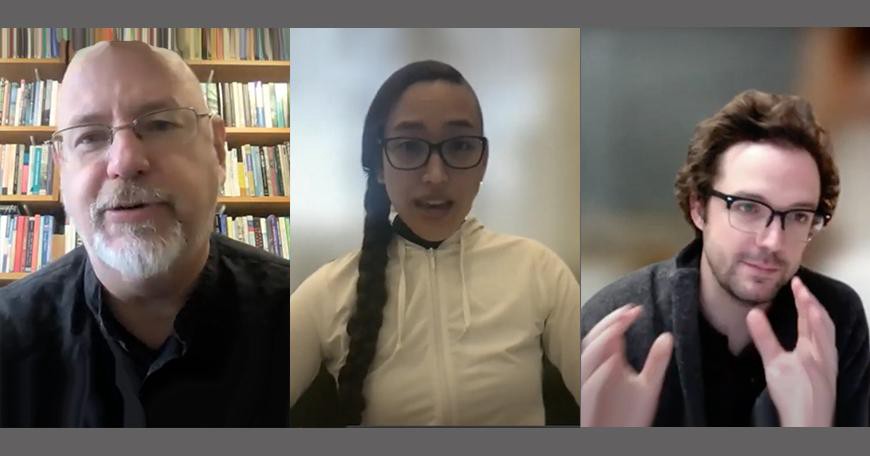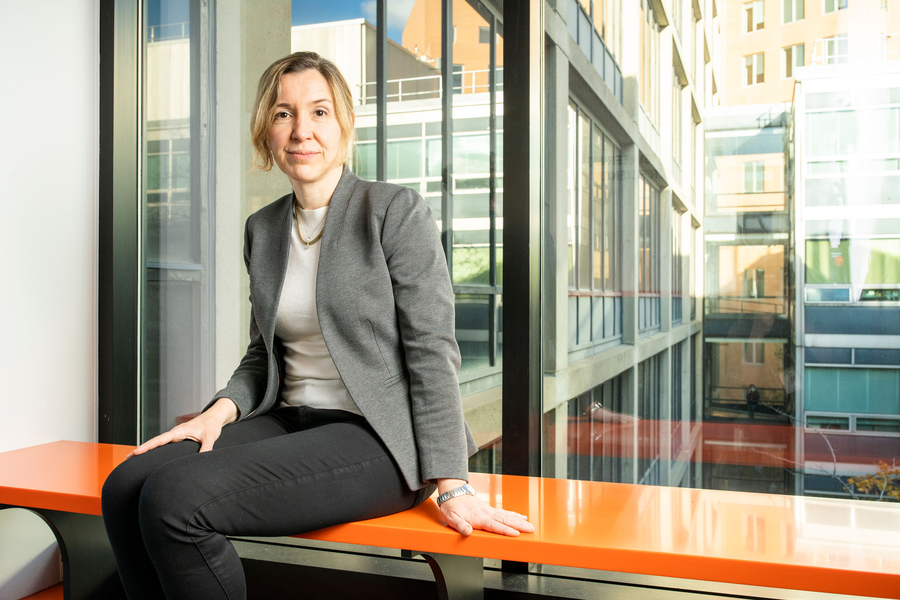Many states, school districts, and information-sharing platforms report measures of school performance. Often called “school ratings,” they are widely consulted by parents and educators alike. Families looking for a new home are likely to see ratings posted alongside listings, while low-rated schools may be closed or placed under state supervision.
News
Karthish Manthiram, visiting assistant professor of chemical engineering, has been honored as Committed to Caring for encouraging students to live balanced lives.
Massive Open Online Courses (MOOCs) have democratized access to higher education, but low entry and exit barriers make dropout rates in these courses much higher than in traditional in-person courses.
The MIT Integrated Learning Initiative (MITili) funds, supports, and shares research into learning effectiveness at all ages, levels, and scales.
When animated using artificial intelligence technologies, historic images can be used as creative adjuncts to education, talk therapy, and other positive uses.
“Please see your potential to bring beauty to this Earth. Imagine the stories that you have yet to tell, and dream about the lives you improve through your endeavors. And say hello to a better world.” – MIT’s David Wallace
Filling a common niche, it is unsurprising that Slack has been adopted by many courses, departments, and labs.
Computer science and economics have always had some overlap, but as more market exchanges take place in online systems, the fields have become inseparable.
An app, dubbed Story Maker, is just one of a number of innovative new learning applications MIT’s Aikawa has helped students create as part of an interdisciplinary collaboration fostered by the Programs in Digital Humanities.
“We find that the tremendous, lifelong learning opportunities that MOOCs provide are even more important and sought-after when traditional education is disrupted.” – MIT’s Mary Ellen Wiltrout

